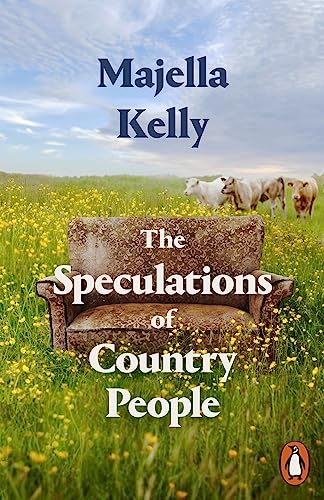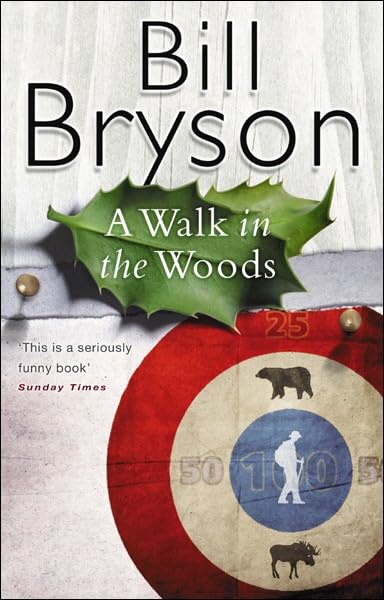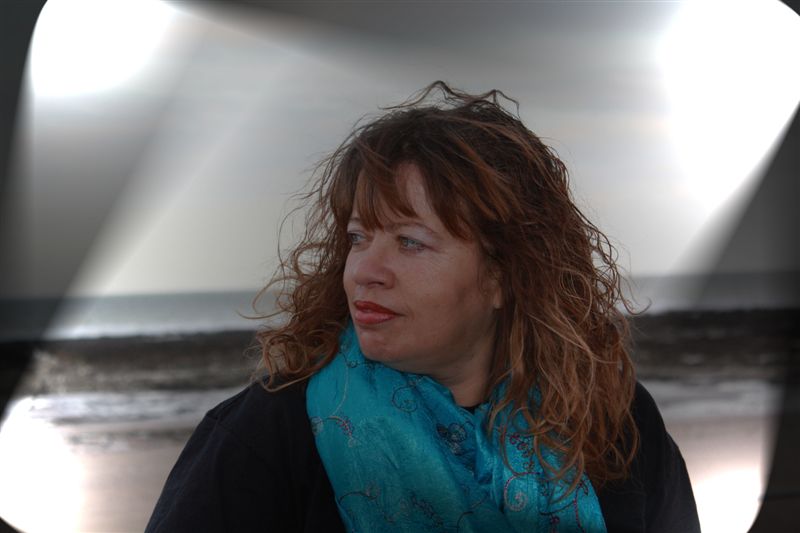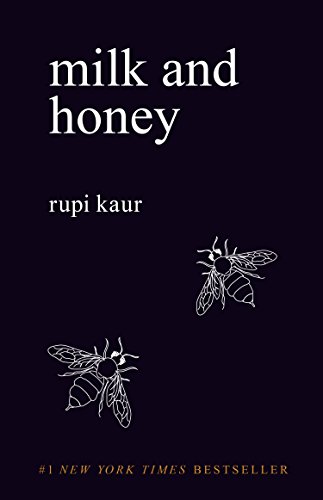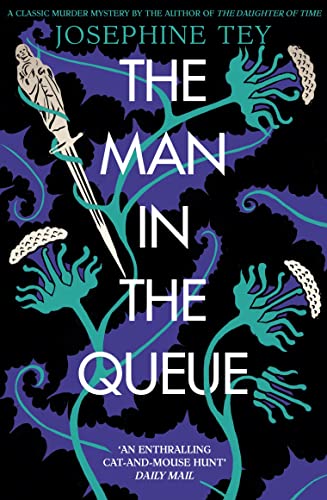Book 10 - E. Lockhart "We Were Liars"
Jan. 25th, 2026 09:31 amE. Lockhart "We Were Liars" (Hot Key Books)

In We Were Liars, E. Lockhart carefully crafts Cadence’s character, focusing on her battle with a form of amnesia and the aftermath of an accident that is deeply tragic. The theme of facing truth, guilt, and accepting responsibility is the essence of Cadence’s character. Cadence’s development becomes critical as she unearths haunting truths about her childhood that took place during her fifteenth summer. She finally begins to surface from the fog of grief and confusion, volatility, and harsh realities she has long evaded.
Particularly, the use of fairy tales alongside Cadence’s physical pain serve as immense points of character development in the novel. Relatively to her fractured family dynamics, the fairy tales she tells throughout her life embodies her attempt at coping with the overwhelming reality. The island, striking yet isolated captures the destructive nature of Sinclair family; they are beautiful, escaping the realities occurring beneath them. The overarching message within these symbols highlight the antagonizing duality people face with maturing and the fact that to truly heal from anything, you must embrace every shard of reality, not just the appealing fragments.
Personally, I resonate with Cadence’s journey when reflecting on times in my life when I struggled to face painful memories. Reading We Were Liars reminded me that pretending things are fine doesn’t make the hurt disappear, true healing comes from honesty, even when it’s painful.

In We Were Liars, E. Lockhart carefully crafts Cadence’s character, focusing on her battle with a form of amnesia and the aftermath of an accident that is deeply tragic. The theme of facing truth, guilt, and accepting responsibility is the essence of Cadence’s character. Cadence’s development becomes critical as she unearths haunting truths about her childhood that took place during her fifteenth summer. She finally begins to surface from the fog of grief and confusion, volatility, and harsh realities she has long evaded.
Particularly, the use of fairy tales alongside Cadence’s physical pain serve as immense points of character development in the novel. Relatively to her fractured family dynamics, the fairy tales she tells throughout her life embodies her attempt at coping with the overwhelming reality. The island, striking yet isolated captures the destructive nature of Sinclair family; they are beautiful, escaping the realities occurring beneath them. The overarching message within these symbols highlight the antagonizing duality people face with maturing and the fact that to truly heal from anything, you must embrace every shard of reality, not just the appealing fragments.
Personally, I resonate with Cadence’s journey when reflecting on times in my life when I struggled to face painful memories. Reading We Were Liars reminded me that pretending things are fine doesn’t make the hurt disappear, true healing comes from honesty, even when it’s painful.
